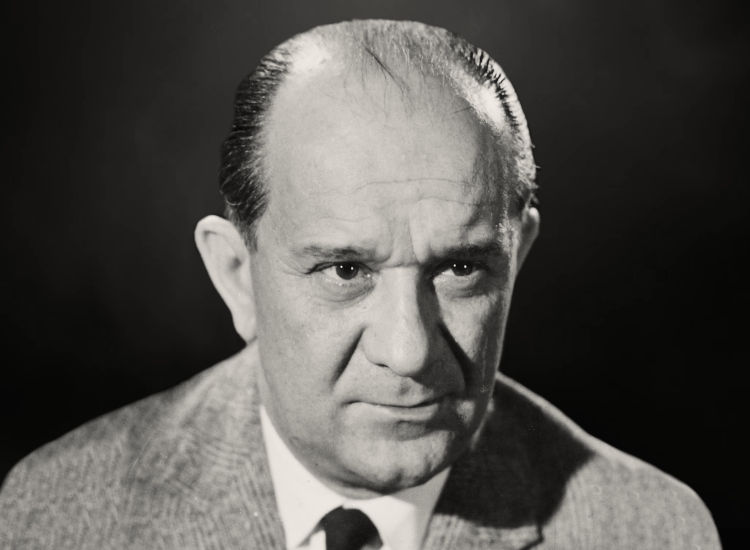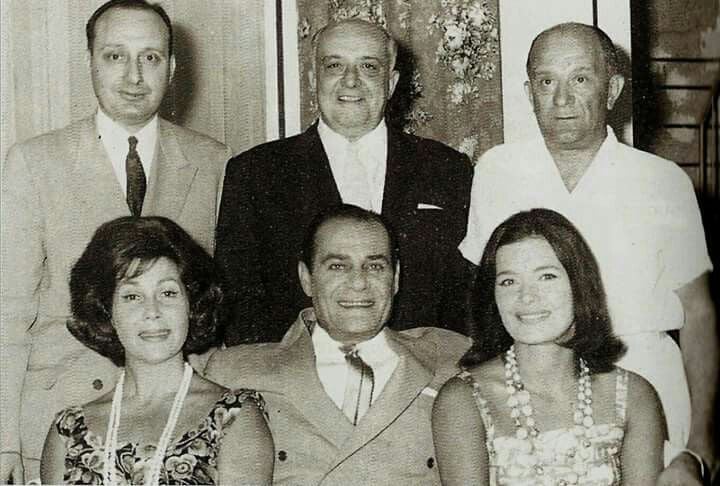In a Greece struggling to stand tall after war and poverty, Nikos Tsiforos managed to bring laughter where bitterness prevailed. Born in Alexandria in 1909, he grew up in Athens and began writing stories from a very young age. He studied law, practiced as a lawyer, and worked at the State Audit Office, but soon realized that his true life belonged to paper and theatre. As he himself used to say, “the earth owns us and makes fun of us”, hinting that human existence is far more fleeting and comical than we often think.
From law to theatre
His first revue was staged in 1928 at a summer theatre in Freattyda, but his true breakthrough came years later, during the German Occupation, with The Gallery of Fools. Premiered in 1944 by Dimitris Horn and Mary Aroni, the play made audiences forget, at least for a while, the hardships of the time. From then on, Tsiforos embarked on a career filled with theatrical works, revues, and screenplays that became milestones of Greek comedy.

Tsiforos viewed everyday life as a theatre stage. He observed ordinary people, marginal figures whom “respectable” society ignored, and turned them into protagonists. In The Kids of the Streets, he created a whole universe with their weaknesses, passions, and witty lines. It was, as he often said, “men and little men” that truly shaped the face of society.
The satirical mirror
With his humor, Tsiforos spared no one. He wrote parodies of historical events, satirized heroes and institutions, and even created Milon Firikis, the “Secret Agent without 08,” to show in the lightest of ways that even the great models of his time could be ridiculed. As he scathingly noted, “the swindling of mankind, upon which every religion is based, has remained the same from the very first day until today.” His pen went beyond comedy; it struck at the very core of social critique.

Yet he was not only a satirist. His lines often carried an existential depth. “You die and fifty years later no one even knows you existed,” he wrote, reminding us that memory and oblivion are stronger than human vanity.
The legacy
Nikos Tsiforos wrote more than forty plays and sixty screenplays, while also directing films that marked an era. He collaborated with newspapers and magazines, offering columns and humorous sketches that made people laugh in times when laughter was most needed. Even after his death in 1970, his books continue to be reissued and read: Greek Mythology, The Crusades, History of France, History of Athens—all written in his distinctive style, where the serious becomes funny and the funny becomes serious.
As newspapers wrote at the time, with Tsiforos’ passing “his characters laughed for the last time, and his friends wept.” For Nikos Tsiforos was not just a writer of comedies; he was the mirror of a Greece that longed to live, to forget, to dream. And this gift—to transform pain into laughter and satire into art—remains alive to this day.



